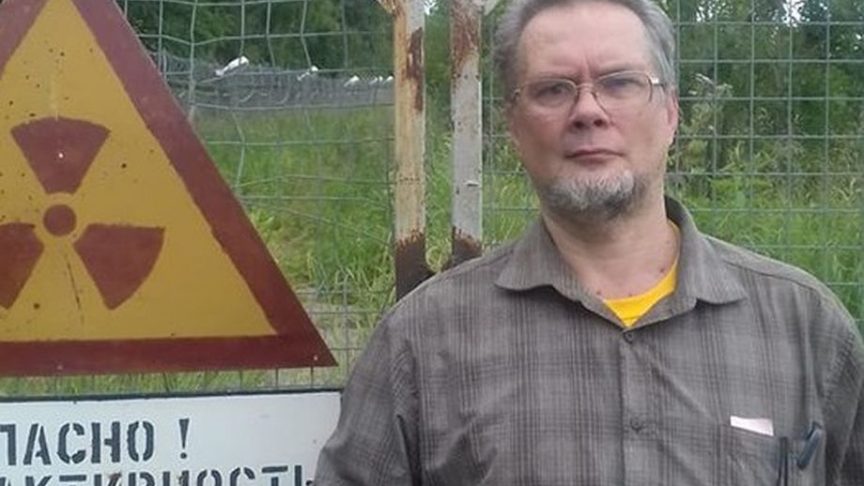Andrey Ozharovskii was detained by Mongolian authorities while measuring radiation levels with a personal dosimeter near uranium mining sites operated by the French company Orano. Although released, his passport has not been returned, and he faces uncertainty about his freedom of movement.
Ozharovskii’s activities form part of a long-standing European tradition of “citizen science” in the nuclear field: independent experts and local communities taking radiation measurements to help ensure transparency, safety, and accountability. Nuclear Transparency Watch and its members have supported such initiatives across Europe in cooperation with regulators, laboratories, and NGOs.
The principle at stake is simple but crucial: environmental information, including radiation data, must be accessible to the public. This is at the heart of the Aarhus Convention, the international treaty guaranteeing the rights of access to information, public participation in decision-making, and access to justice on environmental matters. Under its Article 3(8), people exercising these rights must not face persecution or harassment.
Mongolia is currently considering accession to the Aarhus Convention. This incident highlights why such commitments matter: ensuring that those who act to protect the public and the environment can do so without fear. At this moment, Andrey Ozharovskii should regain access to his ability to travel freely.
You can read the open letter here.
